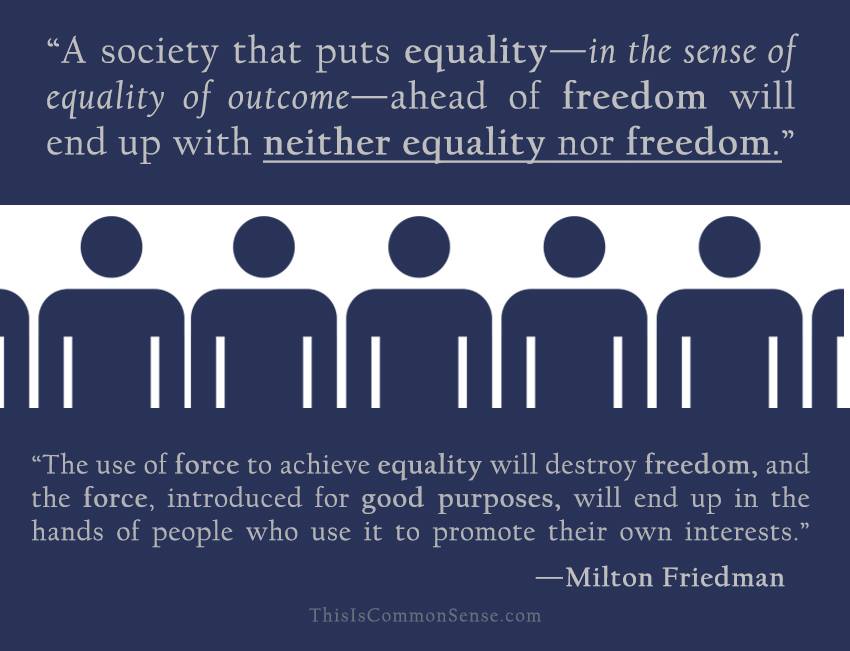Kim Kataguiri — a founder and the most prominent public face of the Free Brazil Movement, which recently led millions in protest against high inflation, high taxes, and economy-crippling cronyism — is an unusual man.
First, there’s his age: 19.
Second, there’s his background — atypical but hardly unique, given the country’s substantial Japanese-Brazilian minority.
Third and most important, there’s the fact that he’s influenced by the ideas of free-market thinkers like Ludwig von Mises and Milton Friedman, ideas communicated online by Brazilian and American think tanks. In consequence, Kataguiri’s popular, social-media-conveyed critique of Dilma Rousseff’s tax-happy socialist government is openly liberal in perspective.
“Liberal,” of course, as in “having something to do with freedom and responsibility.” Classical liberal. Libertarian. Not warmed-over socialist-leaning liberal, as in America’s Elizabeth Warren and Bernie Sanders.
Do his free-market ideas and those of other young Free Brazil leaders mean that most Brazilians inspired by the Free Brazil Movement are just as principled? No; they may just be angry at the destruction wrought by an openly socialist government. Consistency may be the furthest thing from their minds.
But they do seem open to a new, positive alternative.
Kataguiri is perhaps overly optimistic, predicting that “in the next decade or two, most of our society will not only understand classical liberalism, but defend it too.”
But I like optimism. Especially since, whether you call it “classical liberalism,” libertarianism, or “small-government conservatism,” freedom isn’t exactly winning here on our fertile soil.
Still, I invite Kataguiri to drop by the United States when he has a chance . . . and do what he can to convert us to classical liberalism as well.
This is Common Sense. I’m Paul Jacob.
Printable PDF






